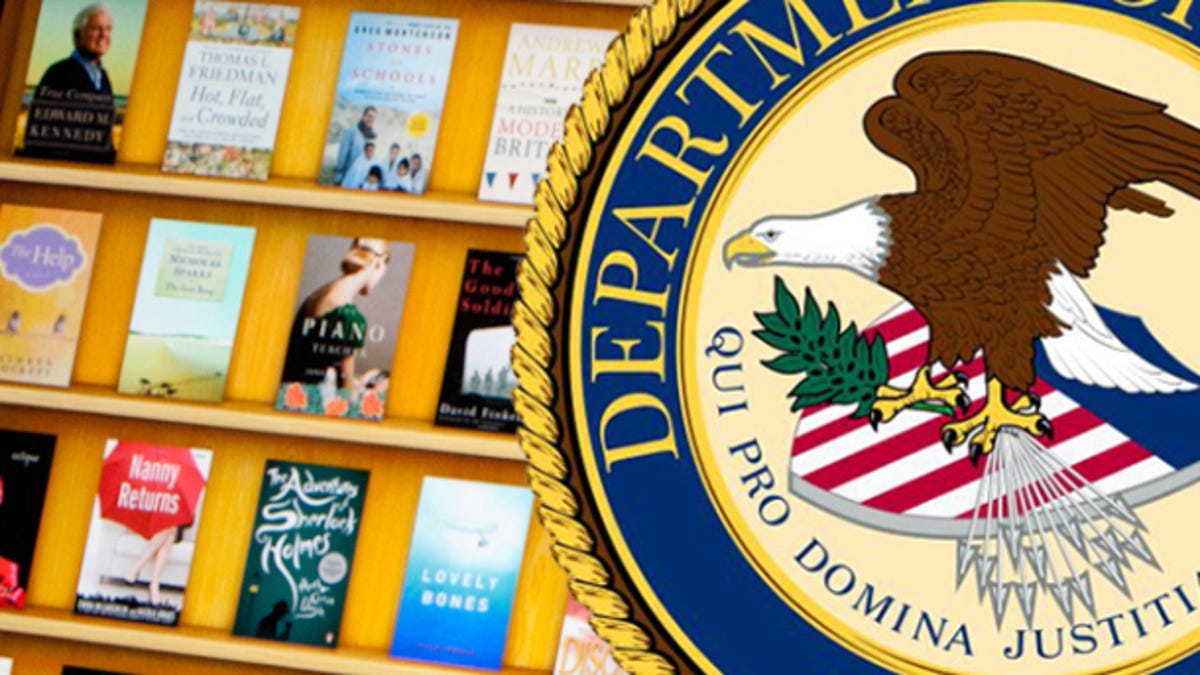Judge sketches out limits on Apple e-book practices
A U.S. judge shies away from the government's calls for an external monitor to keep tabs on Apple, but suggests staggering publisher deals to prevent collusion and slaps Apple's wrist for not being contrite.

NEW YORK -- Apple got a glimpse at the future of its e-book business Friday as a court outlined measures it would likely impose against the computing giant for its e-book price fixing scheme. The measures would temper some proposals from the U.S. government but factor in what the judge said was Apple's lack of remorse.
At a hearing in U.S. District Court in the Southern District of New York, Judge Denise Cote suggested that, when both sides return to her for a decision on preventative measures, she would accept a regime balancing Apple's ability to innovate in its App Store with a desire to restore e-book price competition. She saw no need for an external monitor to keep an eye on Apple's activities so long as Apple sets up a "vigorous" in-house pro-competition program and can convince the court a monitor isn't necessary.
But she suggested a system of staggering Apple's future e-book negotiations with publishers so they cannot collude, and she chastised both Apple and book publishers for failing to demonstrate that they've seen the error of their ways.
"This was a rough and tumble game played with high stakes...and the consumer suffered," Cote said, adding that Apple and the publishers have made no public showing or remorse or contrition. "They are, in a word, unrepentant."
Last month, Cote ruled the U.S. Justice Department and a group of state attorneys general showed in their trial against Apple that publishers conspired with each other to eliminate price competition for e-books and that Apple played a central role in that conspiracy. Friday's hearing debated both sides' proposed remedies to restore price competition to e-books and prevent such a conspiracy from happening again.
A separate trial will be held to determine monetary damages Apple must pay. Apple has said it will appeal Cote's decision that it violated antitrust laws.
At the end of last week, the Justice Department proposed its own set of changes for Apple. Among the major proposals, the DOJ recommended prohibiting Apple for five years from striking certain e-book agreements with five major publishers, letting other e-book publishers link to their own bookstores in iOS apps without paying a fee or commission, and staff an antitrust monitor to evaluate its business for five years. Apple fired back last Friday, calling the government's proposals vague, overreaching, unwarranted, and "draconian."
On Friday, Cote said her desire was not to regulate the App Store but rather restore price competition. "If we can adequately protect price competition without touching the flexibility and management of the App Store, that would be my preference," she said. Currently, app purchases on Apple's devices pay the company a 30 percent commission. However, Cote also said that Apple could not use the Apple store as a way to run around an injunction or a back-door method of introducing the anti-competitive agreements.
Last month, the government had recommended prohibiting Apple, for five years, from entering into e-book agreements with publishers that were defendants in the case -- Hachette Book Group, HarperCollins, Holtzbrinck, Penguin Group and Simon & Schuster -- that limit Apple's ability to discount e-books. (Simon & Schuster, like CNET, is a part of CBS Corp.)
Instead, Cote suggested a system in which after two years, the publishers would be assigned separate intervals to renegotiate agreements every six to eight months, with no publishers overlapping, in order to ensure that no published could collude with another during the deal making.
Cote was also unmoved by Apple's arguments to give the company more time than the Justice Department recommended to research a stance on damages.
Apple came to the court "wanting a fast trial on liabilities, and now it wants a fast trial on damages," she said. Apple attorney Orin Snyder called that a mischaracterization.

